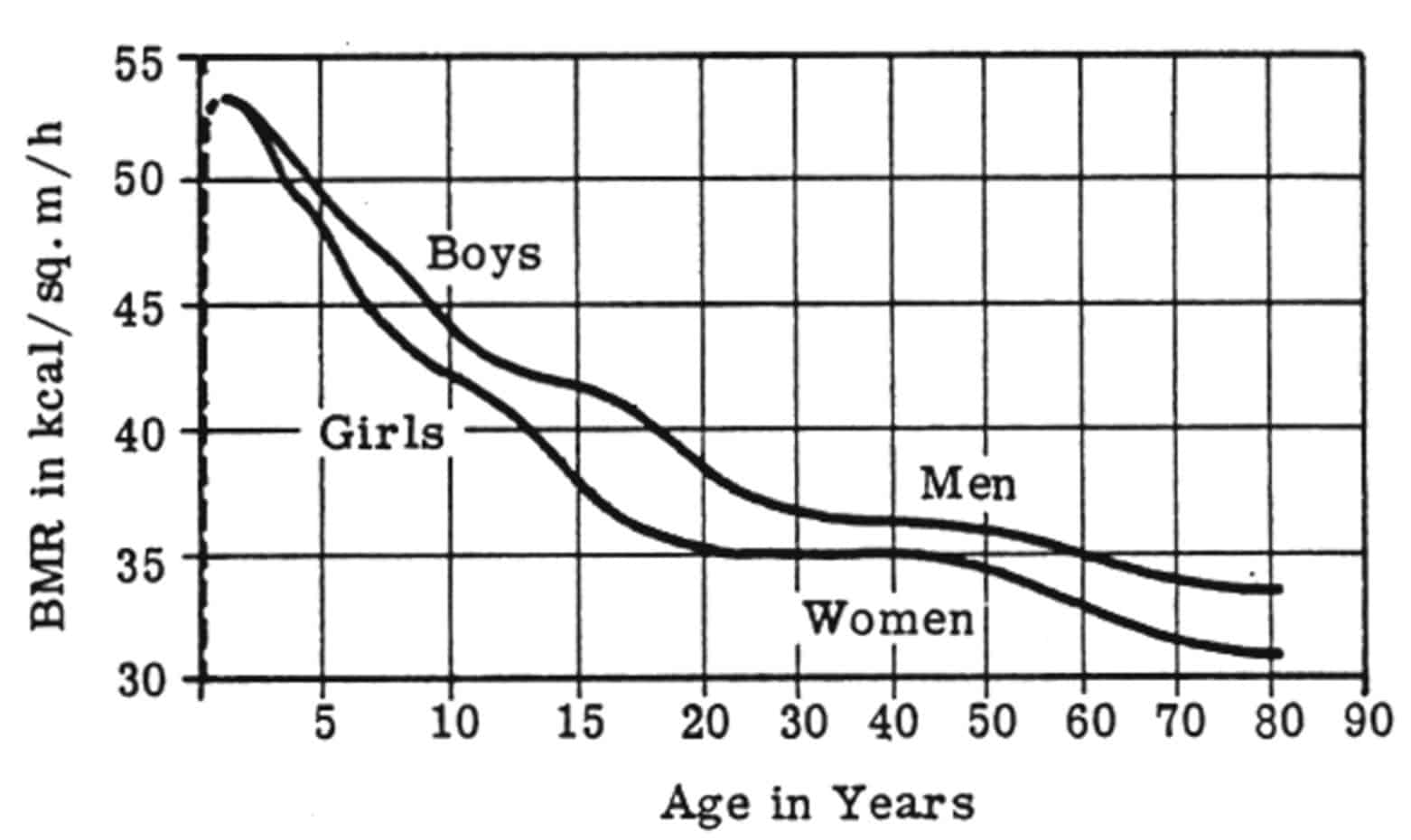
[cmamad id=”17113″ align=”center” tabid=”display-desktop” mobid=”display-desktop” stg=””]
No need to go to the hospital – this is a simple language test that was proven to detect early Alzheimer’s stages….and what to do if it shows that you are more likely to — you can avoid this and keep your marbles into your 90s or 100s…
—–Important Message—–
A new way to handle diabetes – and men’s sexual performance problems VANISH
My grandpa told me he could perform with a woman even at age 94.
But today, men often report a complete inability to perform when they have diabetes. And they are a lot younger than Grandpa.
Why can’t men with diabetes perform sexually today?
Maybe it’s because of what their doctors tell them to take…
Januvia, Metformin, certain types of insulin, Glucophage, or Glumetza.
These various “treatments” and “therapies” are more profitable than all the farmland in America – they are the most profitable treatments EVER.
Is it likely these giant corporations are ever going to tell us the truth?
It’s not diabetes that is the problem. The treatment is the problem.
But what if there is a better way to stop or even reverse diabetes symptoms?
What if your doctor doesn’t know about this method because Big Pharma controls the flow of medical information in this country (and in the whole Western world)?
What if men can get their sexual prowess back while conquering diabetes symptoms at the same time? And without costly and harmful treatments?

————–
Curious? This quick test reveals if you will get Alzheimer’s disease
The few current treatments for Alzheimer’s require early diagnosis.
A number of promising treatments that are in the works also require early detection.
For these reasons, early detection of Alzheimer’s is a hot topic in medical research.
A new study shows that a simple language test could identify Alzheimer’s disease in its early stages…
And this early detection might significantly improve treatment outcomes.

This study took place at the Research Center and Memory Clinic, Institut Català de Neurociències Aplicades, Barcelona. It was published in the Journal of Alzheimer’s Disease.
These researchers looked at an underused tool known as a verb fluency test.
The verb fluency test asks people to say the infinitive form of a given verb (e.g., to run, to dance, to think).
The scientists timed the participants and marked them for the accuracy of their responses.
[cmamad id=”17114″ align=”center” tabid=”display-desktop” mobid=”display-desktop” stg=””]
The researchers wanted to find out if Alzheimer’s disease affects the ability to convert a verb to the infinitive form.
They suspected that Alzheimer’s and verb fluency are associated with the same part of the brain.
In order to test this theory, they enrolled some people with mild cognitive impairment and another group of people who had progressed to mild Alzheimer’s disease.
They tested both groups with the verb fluency test and compared the results.
“We set out to investigate the presence of verb fluency deficits in mild cognitive impairment and mild Alzheimer’s disease dementia.”
The scientists wanted to understand if the verb fluency test could differentiate between cognitively healthy people, people with mild cognitive impairment, and people with Alzheimer’s.
“We assessed the verb fluency test in the detection of cognitively healthy people who will convert to mild cognitive impairment and dementia.”
If the verb fluency test could be used to detect differences between the groups then it could possibly be used as a simple diagnostic tool in the future.
“We could then establish the verb fluency cut-offs useful in the assessment of Alzheimer’s disease.”
The researchers assessed over 1,800 individuals with the verb fluency test.
The participants had already been assessed for their cognitive status – so the researchers already knew if they had Alzheimer’s or not.
But the researchers still had to test the accuracy of the verb fluency test itself.
“568 cognitively healthy, 885 mild cognitive impaired, and 367 mild Alzheimer’s dementia individuals were administered the verb fluency test.”
This simple language test proved effective in differentiating between cognitive impairment and actual Alzheimer’s disease.
“A worsening on verb fluency performance from cognitively healthy, mildly cognitively impaired, to Alzheimer’s dementia was found.”
These results strongly indicate that the verb fluency test could be used for early detection of the progression of Alzheimer’s.
The researchers constructed this study in a way that took other factors – such as age and education level – into account.
These independent factors affect results independent of disease status.
In other words, the verb fluency test is more accurate when the testers know the subject’s age and educational level.
“Verb fluency sensitivity values were calculated for six conditions (age and educational levels).”
The scientists concluded that verb fluency can be used to differentiate cognitive impairment caused by early Alzheimer’s.
“The verb fluency test may be a useful tool for the differential diagnosis of cognitive failure and Alzheimer’s in the elderly.”
It is critically important that we have tests that can pick up Alzheimer’s in the early stages.
That’s because treatment for Alzheimer’s is much more likely to be effective when it’s started early on.
The changes in verb fluency that are tested by this procedure occur early in the progression of Alzheimer’s.
This makes it a very useful tool.
“Verb fluency deficits seem to take place in early stages of Alzheimer’s, so this is a suitable test for the detection not only of healthy people who will convert to mild cognitive impairment – but also to dementia.”
You should see your healthcare professional about the diagnosis and treatment of Alzheimer’s disease.
—–Important Message—–
How I use this metabolic fix to stay young and get my youthful erections back…
It turns out that these two problems are related:
- When men can’t get erections anymore
- “Aging” in men – rundown tired, belly fat, blood pressure problems
How are they related?
Men’s erection problems and men’s health issues both stem from low metabolism.
Take a look at how men’s metabolism falls as we age:

This is why men over 50 are feeling so tired, have belly fat… and erectile dysfunction.
So I developed this metabolic fix… I use it and you can easily do at home, as I do.
————

- The Role of Verb Fluency in the Detection of Early Cognitive Impairment in Alzheimer's Disease
https://www.ncbi.nlm.nih.gov/pubmed/29480180
- What Is Alzheimer's Disease? - National Institute on Aging - NIH
https://www.nia.nih.gov/health/what-alzheimers-disease - Alzheimer's Disease | Memory and Aging Center
https://memory.ucsf.edu/dementia/alzheimer-disease

Leave a Reply